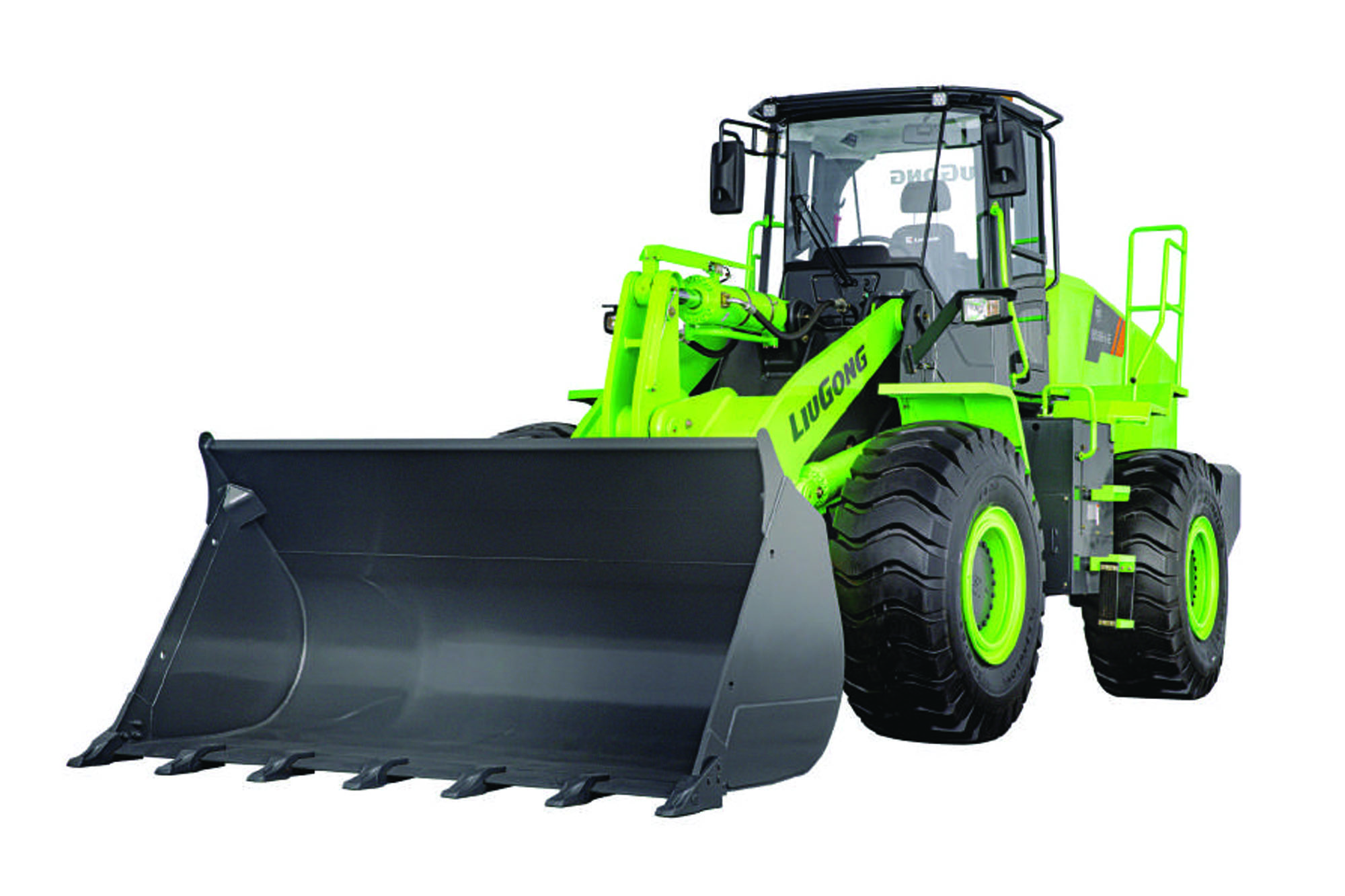The construction sector’s green evolution with electric equipment
By Edit Team | February 14, 2024 5:19 pm SHARE

As the climate crisis intensifies, the construction industry is transforming toward sustainability. In this silent revolution, electric construction equipment emerges as a beacon of hope, promising a cleaner and greener future for the sector.
The escalating climate crisis, fueled by global warming and greenhouse gas emissions, poses a significant threat to humanity. As natural disasters become more frequent and severe, addressing the environmental impact of various industries contributing to global emissions is crucial. The construction sector, responsible for a substantial 20 percent of global emissions, is a key player in this narrative.
The mission for circular economy
Amidst the challenge of mitigating carbon emissions, initiatives like Bharat’s and LiuGong’s Mission Circularity emphasise adopting circular principles. The 7R’s model promotes economic prosperity and environmental quality, offering a roadmap to reduce the carbon footprint in production, particularly in the construction industry.
Emissions from diesel machinery
The operation of diesel machinery, such as wheel loaders, contributes to environmental degradation through the release of carbon dioxide (CO2), nitrogen oxides (NOx), particulate matter (PM), and other pollutants. An average-sized diesel wheel loader running for a year may emit around 4,000 to 10,000 kilograms of CO2, 100 to 250 kilograms of NOx, and several kilograms of PM, depending on usage and efficiency. These emissions significantly impact air quality and contribute to the greenhouse effect, exacerbating climate change.
Transitioning to electric solutions
In response to diesel machinery’s environmental challenges, there is a growing momentum towards adopting electric vehicles (EVs) in the construction industry. A case in point is the Electric Wheel Loader 820TE, which presents a viable alternative for reducing emissions and achieving significant cost savings.
Advantages of electric construction equipment
The advantages of electric construction equipment are multifaceted, offering a range of benefits to both the environment and construction companies. One significant advantage is the absence of tailpipe emissions, contributing to substantially reduced air pollution and greenhouse gas emissions compared to diesel counterparts. In addition, the quieter operation of electric vehicles decreases noise pollution, benefiting workers and residents near construction sites.
From a financial perspective, electric construction equipment brings about cost savings as electricity proves to be a more cost-effective fuel source than diesel over the equipment’s lifetime. Moreover, lower maintenance costs are inherent in electric vehicles due to their simpler drivetrains and fewer moving parts. While the upfront cost of electric vehicles may be higher, they often offer a long-term operating cost advantage driven by cheaper electricity and reduced maintenance requirements.
The efficiency of electric motors, with their instant torque delivery, enhances overall performance and productivity, especially in applications requiring frequent acceleration and deceleration. Furthermore, electric vehicles incorporate regenerative braking technology, capturing energy during deceleration and braking to improve energy efficiency and extend battery lifespan. Integrating electric vehicles with data and connectivity solutions enhances fleet management, remote diagnostics, and predictive maintenance, improving operational efficiency.
Beyond economic benefits, adopting electric construction equipment aligns with a green image and corporate social responsibility. Committing to sustainability enhances a company’s reputation and appeals to environmentally conscious clients and stakeholders. In essence, the advantages of electric construction equipment span environmental, financial, and reputational considerations, making them a compelling choice for modern construction practices.
Meeting environmental regulations
As stricter environmental regulations are implemented globally, construction companies are compelled to reduce their carbon footprint and emissions. The transition to electric construction equipment aligns with these regulations, positioning companies as responsible stewards of the environment.
The environmental impacts of construction equipment, particularly emissions from diesel machinery, are substantial contributors to the climate crisis. Adopting electric construction equipment presents a transformative solution, offering advantages such as zero emissions, cost savings, and a positive corporate image. As the construction industry evolves, embracing sustainable practices and transitioning to electric solutions will be pivotal in mitigating environmental impacts and fostering a greener, more sustainable future.
Cookie Consent
We use cookies to personalize your experience. By continuing to visit this website you agree to our Terms & Conditions, Privacy Policy and Cookie Policy.




































-20240213125207.png)

























